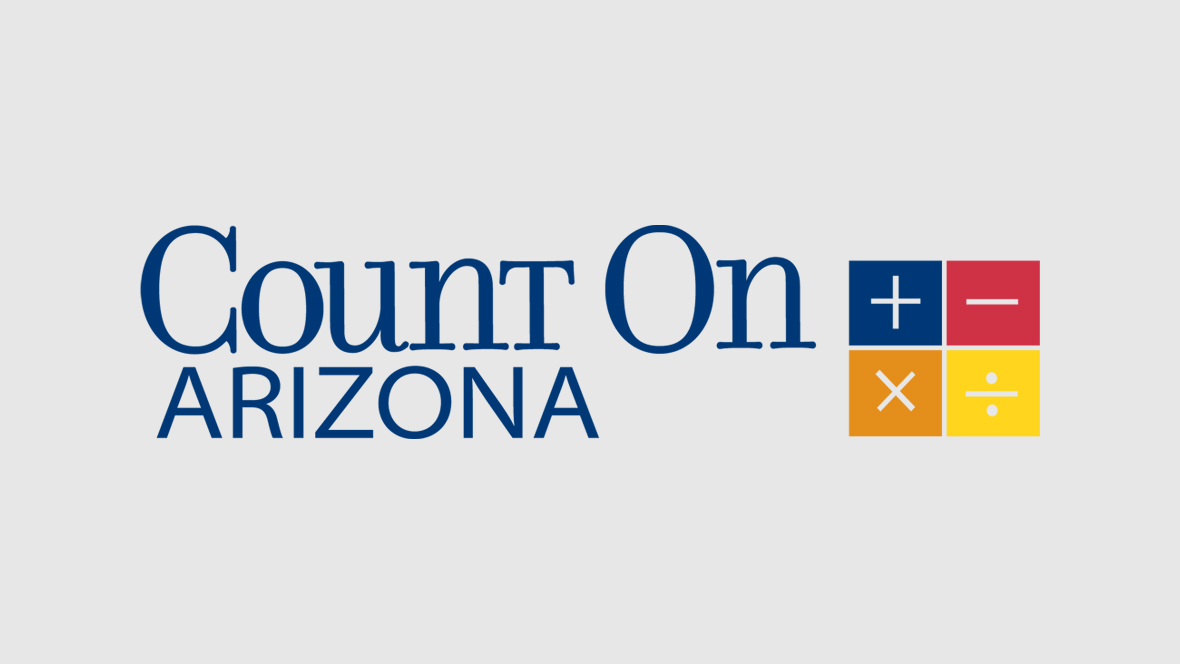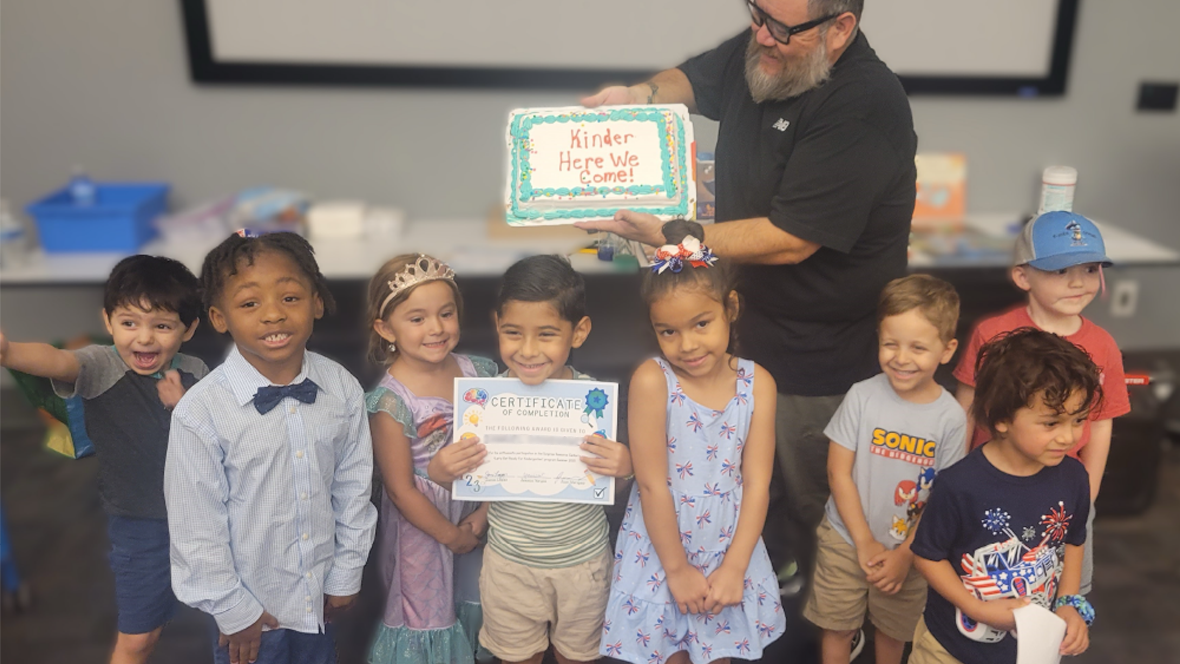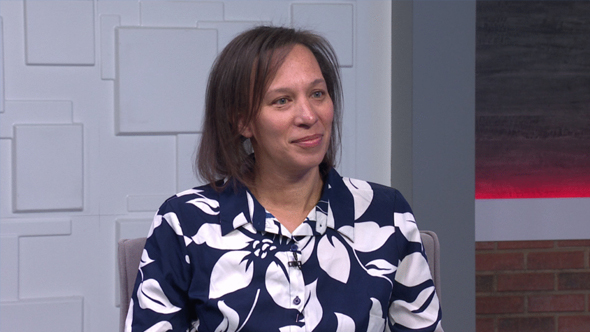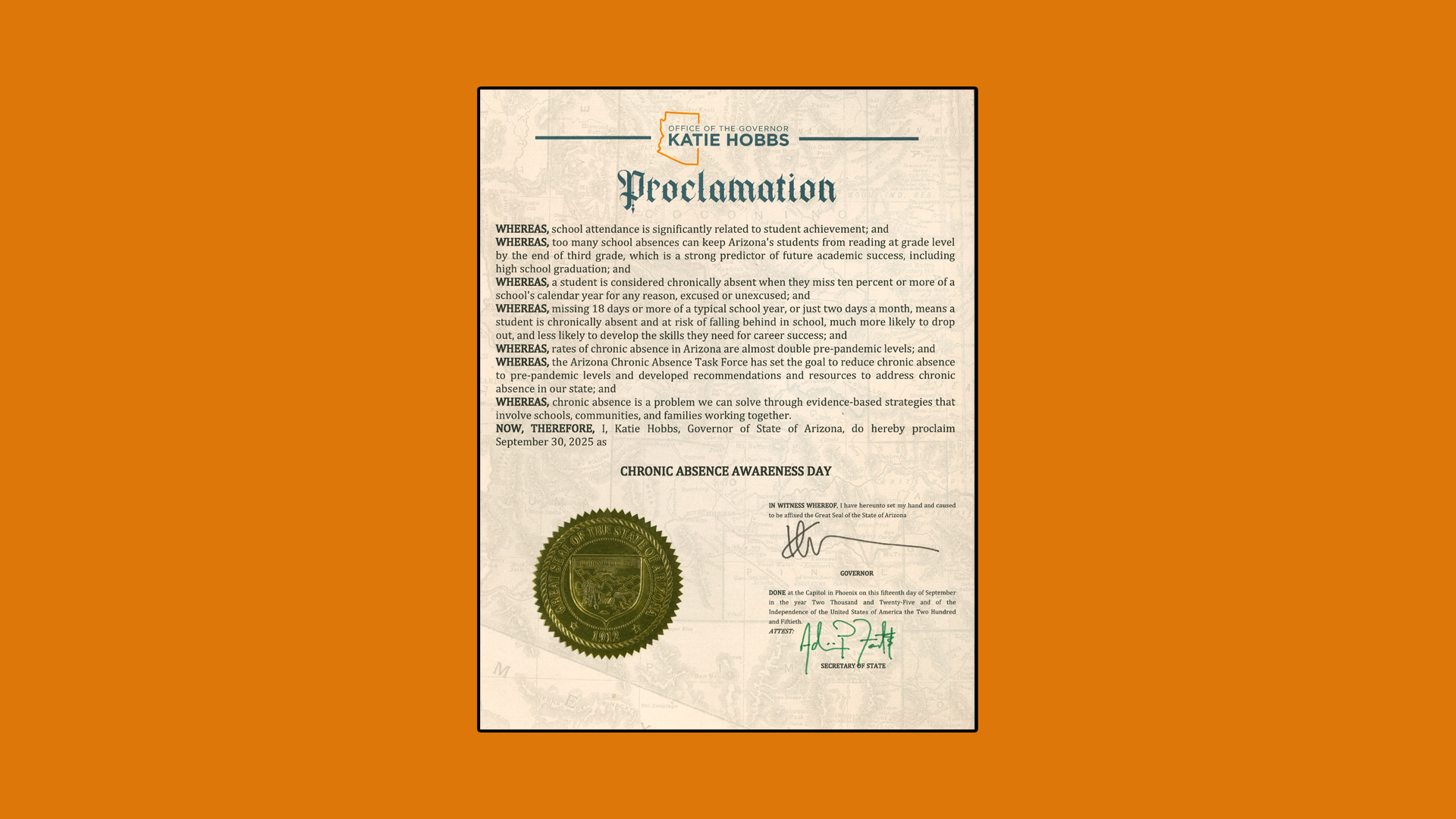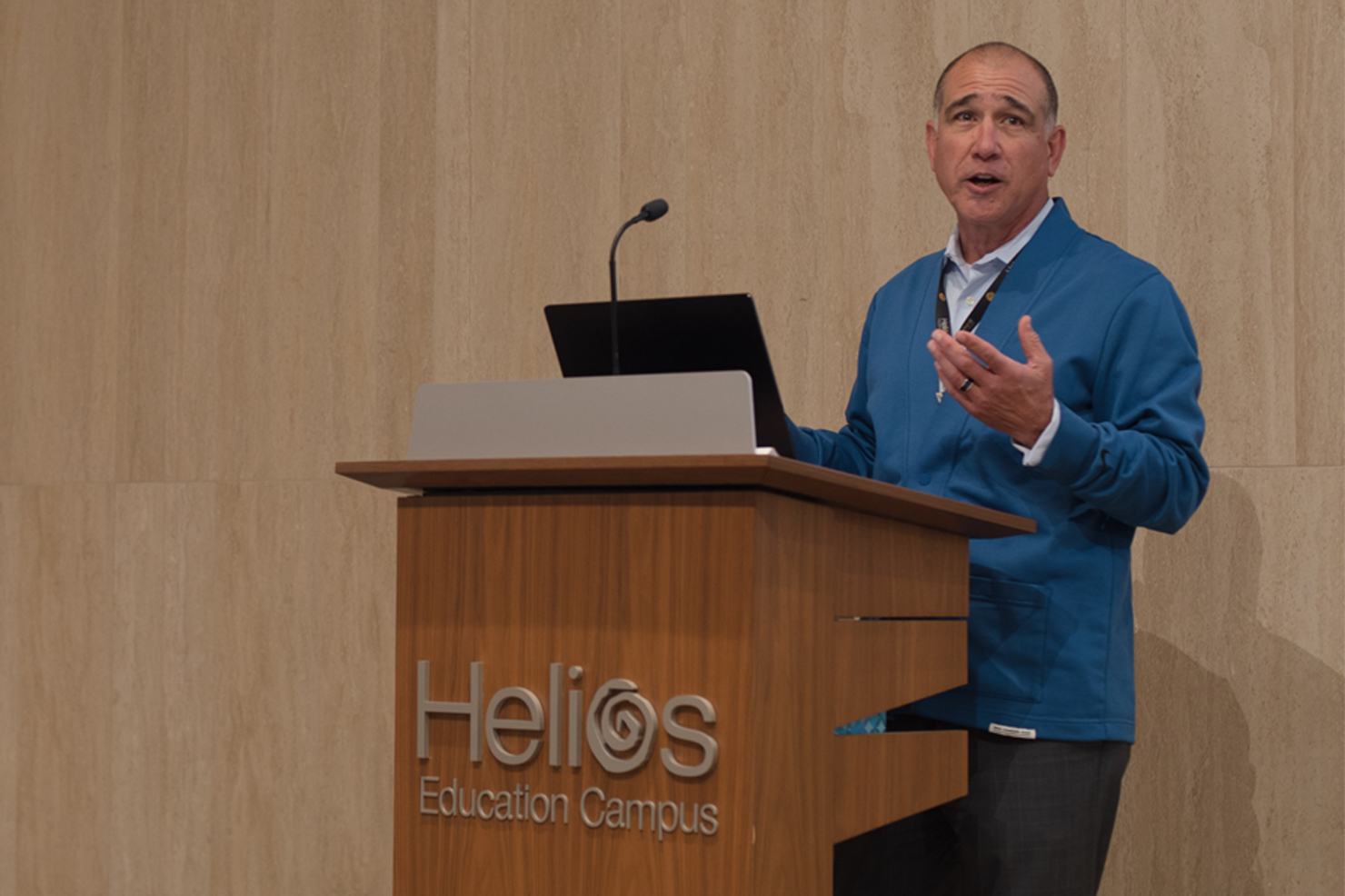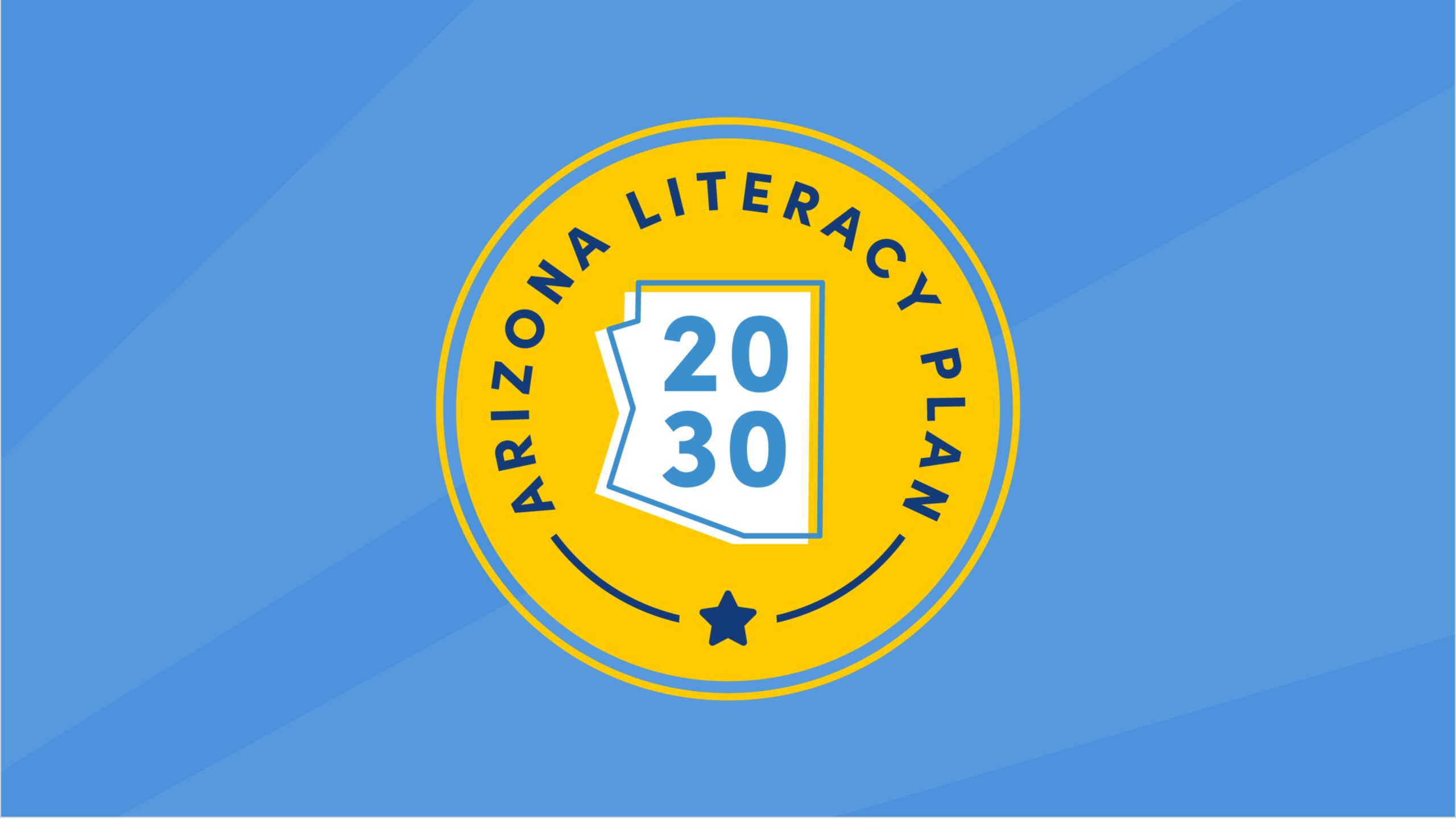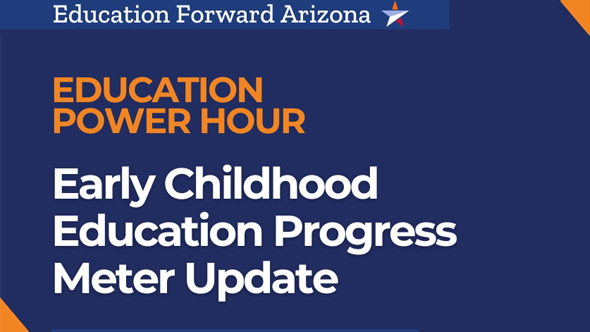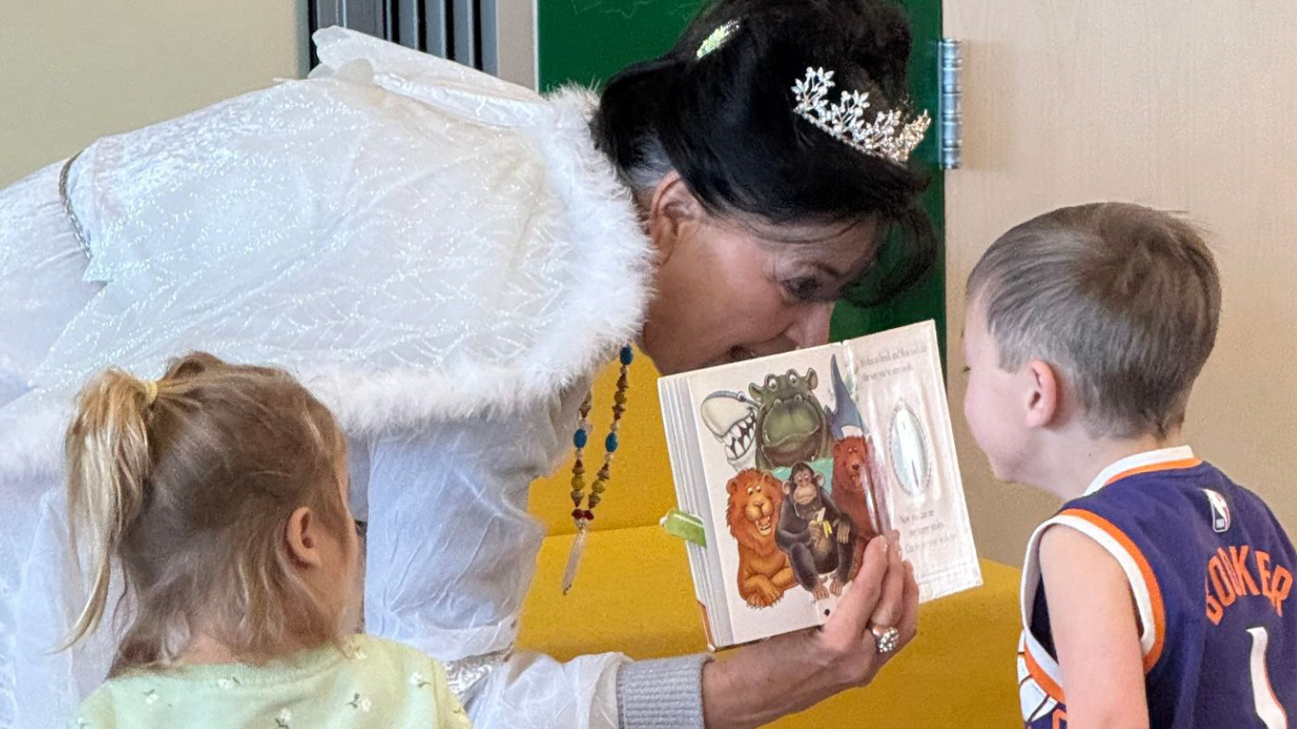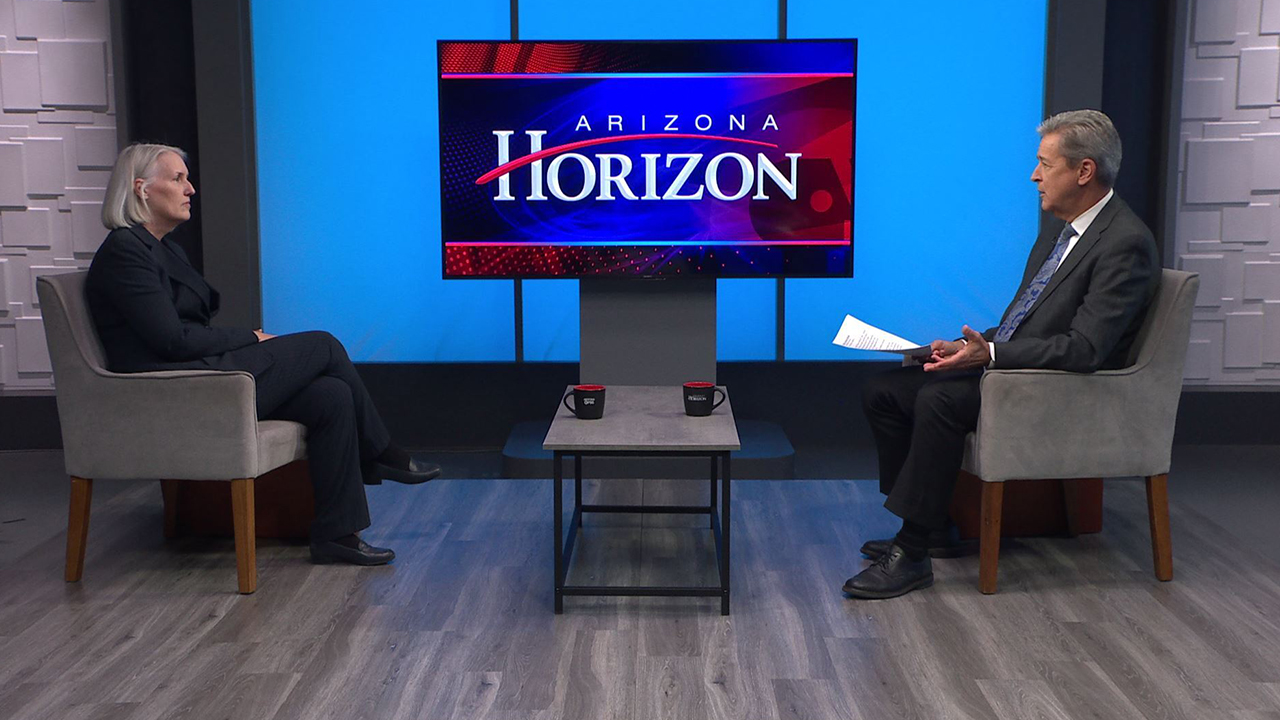October 20, 2015
Data
PHOENIX, Ariz.—Born of momentum building around early literacy, Read On Arizona is leading the way in developing tools to improve early literacy throughout the state. At the recent 2015 Read On Arizona Early Literacy Summit, more than 750 leaders from across Arizona experienced firsthand the power of data with Read On Arizona’s launch of MapLIT—an interactive mapping tool that provides users with statewide early literacy data and visualizations. This “one-stop” resource provides communities with geographic views of select data for all Arizona public and charter elementary schools and preschool locations.
Users can access public data about factors such as attendance and retention rates, chronic absenteeism, race/ethnicity, reading assessment scores, full-day kindergarten sites, library locations, school district boundaries, school locations, and much more.
“MapLIT was designed to facilitate data sharing, identify gaps, and support ongoing improvements in early literacy,” said Arizona Literacy Director Terri Clark. “Its purpose is to help communities, school districts, and other organizations make real-time, evidence-based decisions on how best to allocate their limited resources to continue to improve outcomes for children.”
Examples of encouraged MapLIT uses include:
- identifying neighborhoods with high need and low service;
- exploring or tracking population level improvement over time;
- sharing information with Read On community partners and decision-makers to inform strategic planning centered on improving early language and literacy outcomes;
- demonstrating need for additional resources in a grant or other proposal.
“Much of the data in MapLIT has never before been available in one place."
“Much of the data in MapLIT has never before been available in one place. MapLIT is a meaningful example of an unprecedented collaboration—expertise, organizations, and philanthropy coming together to address a social need—in this case, improving early literacy. It’s a game-changer,” said Susan Pepin, M.D., president and CEO of Virginia G. Piper Charitable Trust.
MapLIT was spearheaded by Read On Arizona’s Data Integration Task Force and developed through collaboration among several organizations and state agencies. Partners include Maricopa Association of Governments (MAG), First Things First, Arizona Department of Education, and Arizona Department of Health Services. Virginia G. Piper Charitable Trust funded the effort. The collaboration among these groups blazes a new path for using literacy-related data to inform decision-making. The tool makes data easily accessible through search features for and visualizations of the state’s datasets.
A key partner in creating MapLIT was Maricopa Association of Governments (MAG), which mapped the data sets and created the visualizations for the entire state. Scottsdale Mayor W.J. “Jim” Lane serves as chair of the Maricopa Association of Governments’ Regional Council. “We are committed to this project because improving literacy is essential to our children’s success and our region’s economic vitality. This mapping tool will give people the power and data they need to make progress in meeting these goals,” said Lane.
MapLIT does not contain individual student-level data in accordance with the Family Educational Rights and Privacy Act (FERPA).
“MapLIT is a powerful new tool that will improve data sharing and advance early literacy outcomes for children,” said Clark.
